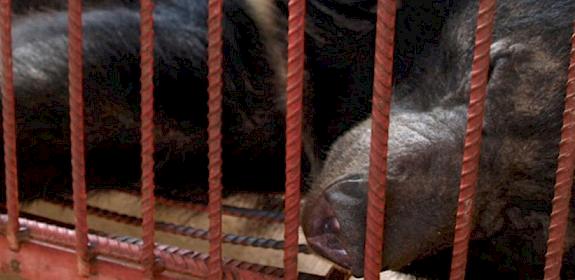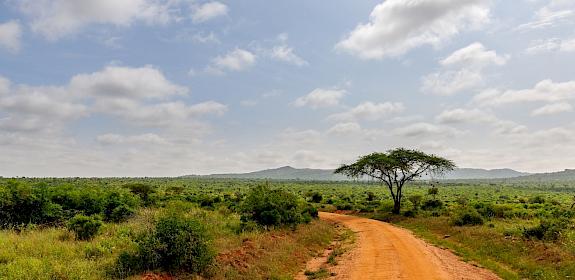
Asian elephant Elephas maximus in the jungle, Myanmar © Julia Thiemann / WWF-Germany
i
Published 11 December 2008
Myanmar emerges as ivory trade and elephant smuggling hot spot
Kuala Lumpur, Malaysia, 11 December 2008—Around 250 live Asian Elephants have been smuggled from Myanmar in the past decade, mostly destined for “elephant trekking” tourism activities in neighbouring Thailand, a new report by the wildlife trade monitoring network TRAFFIC reveals today.
Elephant and ivory trade in Myanmar
Report author(s):
Chris R. Shepherd, Vincent Nijman
Publication date:
December 2008



